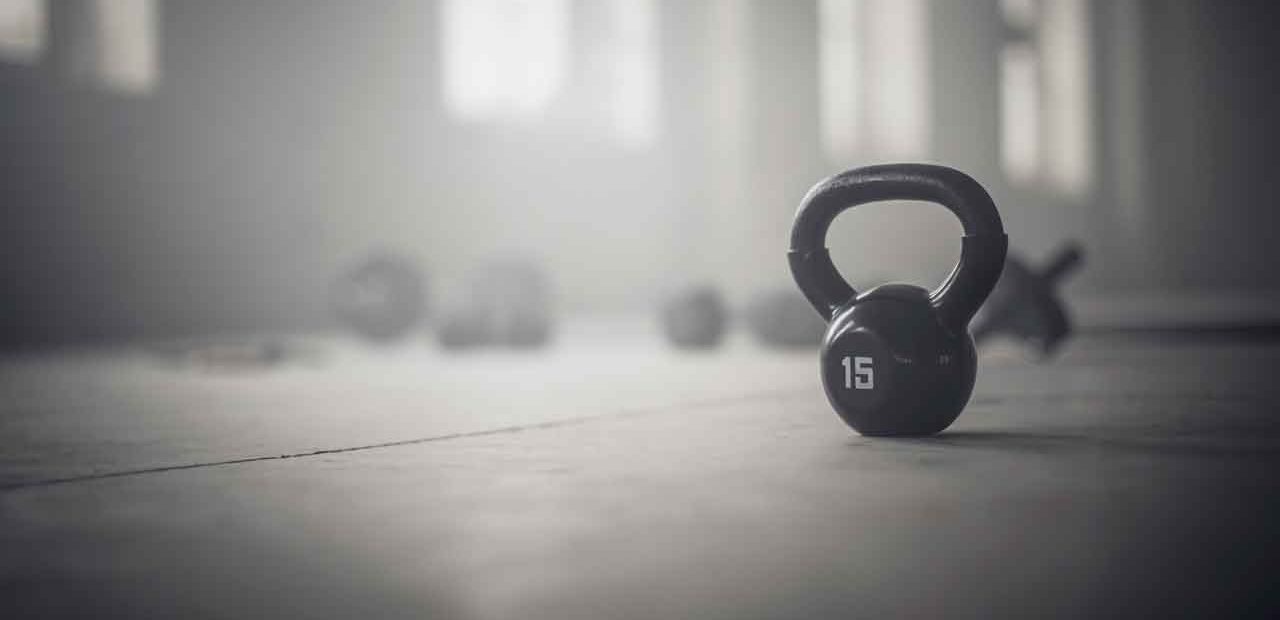February 14, 2018
Does Your Definition of Love Include Sacrifice?

You do not have to be good.
You do not have to walk on your knees
For a hundred miles through the desert, repenting.
You only have to let the soft animal of your body
love what it loves.
In a yoga class this morning, my teacher offered us this quote from the poem "Wild Geese” by Mary Oliver, as his philosophy of life. I’ve heard this quote before, and remembered it as annoying.
Why make being “good,” I thought, the same as repentance and crawling? My philosophy of life is the opposite. Do try to be good (which doesn’t require picturing yourself on your hands and knees). Don’t trust your “soft animal” so much. As we’ve all noticed, you can be wildly attracted to people who aren’t good for you, or even decent people. My own “soft animal” body has conflicting tastes. She’s not the guide.
YOU MIGHT ALSO LIKE: Do You Known How to Be Happy in Your Relationships?
After my last relationship ended, my partner said to me that I was “beautiful and good” but not attracted enough to him. He might have said the exact words of this quote. He didn’t think my “soft animal” loved him, even though I’d been devoted and self-sacrificing.
I had to think about how that made him feel. He wanted to be desired, not loved in a virtuous way. I’d imagine that’s common. When people are dating, they tend to say that sexual chemistry is the most important factor, not just for immediate fun, but because it’ll keep the relationship going through the hard stretches. I don’t think that way at all. I’ve heard too many stories of people who were all over each other for a big stretch of time — and then the pull faded, and the relationship was over.
In my romantic vision, the person who brings out your virtue, the one who makes you want to be “good,” is the best partner. Attraction and a long list of other factors enter the equation. However, if you interpret Mary Oliver’s words to mean, “Don’t bother with someone who ever requires sacrifice. Just go for the lust,” I’d say that’s completely muddled. Lust is famous for making us sacrifice disastrously, rather than sacrifice in the good ways.
A long-lasting happy relationship will require some sacrifice from both sides. The most important question is why you are willing to sacrifice. If you have happy motivations — to help your partner and strengthen your bond — the relationship could benefit. People who sacrifice for highly supportive partners don’t tend to mind, some research shows.
Parents who love their children sacrifice for them. Marriages work when partners are willing to see themselves as a team. The hope is that the sacrifices balance out and overall the marriage provides so many benefits the sacrifices are well worth it.
If you’re driven by lust with a partner who is mostly wrong otherwise, it won’t end well. If you’re only trying to avoid conflict, your partner may be as uncomfortable with the situation as you are. If the sacrifice is too clearly a bargaining chip, that’s a problem, too. You can’t assume your partner will take the very next hit, the next time you’re in conflict.
Before you make an important sacrifice, be sure both sides understand the stakes. Some people are so good at sacrificing gracefully their partners believe the choice wasn’t even a sacrifice. Your partner may not want you to sacrifice. Or you could be making your sacrifice unnecessarily, if there are other options you don’t see.
Look for a solution that doesn’t require sacrifice from either of you, or less. You can negotiate. Maybe you agree for him to go to school in another city and move with him, but agree that you’ll regularly visit your family.
Ask yourself if your partner is also willing to sacrifice for you. Do you feel taken for granted? Both of you need to believe that the other person has a sense of fairness and desire to make your bond flourish, so the accounting need not be so precise. Both of you need to be grateful for each other. There’s increasing evidence that cultivating gratitude is good for your health. One recent study tested people with “Stage B” heart failure — they had a high risk of a more dangerous heart event. When they wrote down three to five things they felt grateful for every day for eight weeks, their bloodwork showed fewer signs that their heart disease was getting worse, compared to a control group that didn’t keep the journal. And when they wrote in their gratitude book in the lab, hooked up to monitors, they had healthier heart rates than the controls did.
We also benefit from cultivating what psychologists call “self-compassion.” I like to think that this is what Mary Oliver is really asking us to do. She’s not saying, “Go ahead, be bad.” She’s saying, “Don’t beat yourself up.” Other research finds that people who go to the trouble to think about themselves in the compassionate way you’d think about another person you loved are able to hold themselves to higher ethical standards.
So you’ll be better able to sacrifice in positive ways that enhance a good relationship if you’re honest with yourself and your partner about your own needs and desires. Be clear about your regrets from the past — do you have a habit of over-sacrifice? Or were you selfish and you’re now trying to make up for it?
Do you have a heroic idea of love, where you believe that your impressive sacrifices will save a dark soul? In the latest version of the “Beauty and the Beast,” the new Disney movie told our little girls that the most desirable girl in town got the best guy because she was able to be kind to a cruel and ugly monster.
Are you attracted to people who need you to transform them? Those sacrifices usually end in heart break. Your partner probably won’t be able to accept that level of sacrifice without shame and begin to resent you. You, along the way, will suffer from those sacrifices and resent him when the relationship ultimately fails. I’ve done that more than once. Remember, he won’t be transformed.
Lust is a cruel taskmaster. So is a savior complex.
I don’t know the answer. I do know that your health is tied up with your love. Mary Oliver is right that the body speaks — with health, which includes lust but isn’t the same. Does your relationship make you physically healthier? That’s one way your “soft animal” loves.


